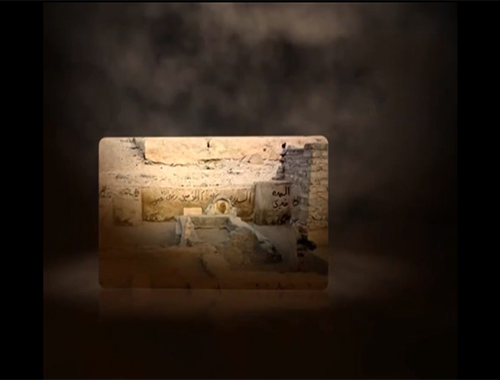When a true testimony will oppress someone
- Details
- Hits: 2108
When a true testimony will oppress someone
It should be known that a testimony should not endanger the life, property or honour of a Muslim. It should also not pose a threat to the life, property and honour of the witness. It is Wajib to give evidence and HarÄm to conceal it so that justice is established in the society and injustice is eradicated. The oppressor ought to be punished and the right may be restored to its owner but if the testimony itself becomes the cause of oppression it is not Wajib to testify. Rather it is HarÄm to do so and it is Wajib to conceal evidence. For example if a person knows that if he testifies against a particular oppressor, the oppressor will take revenge on him or on his relatives or plunder his wealth, then it is Wajib to conceal evidence. Similarly, there may be a situation where a debtor deep in debts is unable to clear his dues because of his poverty. At the same time he cannot prove his helplesness and the creditor is not prepared to spare him. In this case also it is Wajib to conceal evidence, if the evidence given by a witness will cause the poor debtor to be oppressed.
The following traditions of our Ma’sÅ«mÄ«n (a.s.) emphasise the justification of concealing evidence under special circumstances.
Hazrat Imam Musa al-Kadhim (a.s.) says:
“Give evidence for the sake of Allah even if you have to testify against yourself, your parents or your own relatives - But you must not cause harm to your believing brother by concealing evidence. However, if your believing brother is going to be oppressed, then do not testify.”
(Wasa’il ul-Shia)
DawÅ«d Ibn Hasan says that he heard Imam Ja’far as-Sadiq (a.s.) saying:
“Give evidence for the sake of Allah, even if you have to testify against your parents or your own son. But do not give evidence to cause harm (ZaÄ«r) to your believing brother.”
The narrator says that, ‘I asked, “What is ZaÄ«r?” He (a.s.) said,
“It is when someone who has a right, and in order to obtain it he resorts to oppression, contrary to the order of Allah and the Holy Prophet (S). For example, a man is indebted to another, but the debtor is in straitened circumstances. In this situation, Allah has ordered that he must be given respite till he becomes self-sufficient. And (Allah) says,
...then let there be postponement until (he is in) ease…
Now if in spite of this the creditor summons you to testify, and you know the poverty of the debtor, then it is not permitted for you to testify (that he has taken the loan).”
(Wasa’il ul-Shia)











